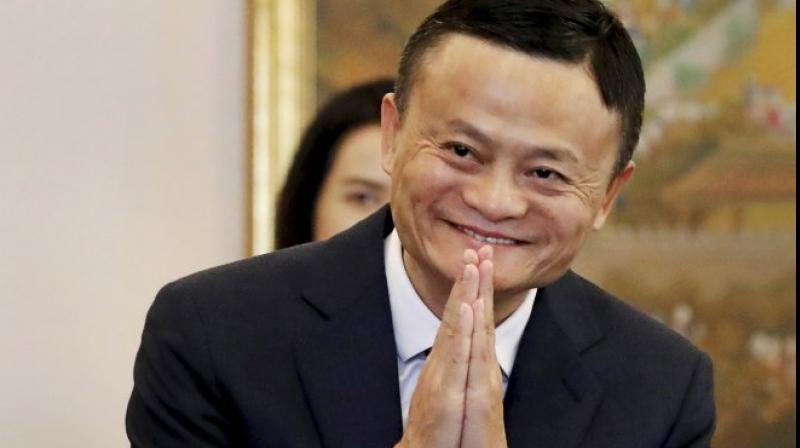Hard knocks

Even the casual news observer these days can see that big techs time in the sun may well be coming to an end. For some time now, governments from across the world are shifting their stance towards big tech companies with an increasing number of crackdowns that are meant to limit the over-reaching influence and power of big tech companies. Regardless of the nation or the governmental setup, accusations against big tech run around similar lines, the most common accusation being that of unfair monopolistic practices.
All the same, China's fallout with the co-founder of Alibaba, Jack Ma, has still caught many by surprise. China's richest person, Jack Ma is often seen as a glowing example of the enterprising modern Chinese citizen. His influence and fame in China reach a truly iconic status with Jack Ma even being a significant cultural figure in the nation. His rise from the humble background of being a teacher has also made him an ideal tool for the CCP to sell the image of a China where everyone can be the winner so long as they work hard and pay their respects to the Party. There is little surprise that there have been persistent rumours over the years of just how close Ma was to party leadership and whether he was guided by the agenda of the Party in his meteoritic rise to fame. For some time, it appeared that Ma could do no wrong and the online public started to refer to him as "Daddy Ma".
But that was before. News coverage and public sentiment in recent times have taken a decidedly different tone with Jack Ma at a time when he is at odds with the CCP. As many have stated, Jack Ma has gone from a living icon to the man that China loves to hate. Online discussions and news coverage has denounced his previously revered wealth and influence as a work of "evil capitalism". For good measure, many have also started quoting Marx in every discussion of Ma (Workers of the world unite and all that). What prompted such a flip?
Observers have given many reasons but there is a generally agreed upon background to the troubles. Last month, Alibaba's fintech arm, the Ant Group was set to feature as the biggest IPO listing of all time. The restructuring was done, approvals had been obtained and the wheels were already in motion when the whole offering was brought to a grinding halt in the 11th hour. Many sources have claimed that it was none other than Xi Jinping himself who personally brought down the hammer on the offering. Shortly thereafter, an anti-trust proceeding was announced against the entire Alibaba Group and Chinese regulatory agencies made statements regarding new supervision orders that would be handed down to the Ant Group. This week, the People's Bank of China further castigated the group and asked it to 'focus' on its original business of offering payment solutions. While the bank did not go so far as to recommend a break-up of the Ant Group, there was a strongly worded suggestion to leave out its relatively newer businesses of consumer loans and wealth management. Even as it 'compelled' Alibaba to focus on the already saturated industry of online payments, the regulator also took Ma to task for "sub-par corporate governance, disdain toward regulatory requirements, and engaging in regulatory arbitrage".
The 'disdain' in question may have been one of the more immediate reasons behind the souring of relations between CCP and Ma. In a speech that he delivered only a few days before the failed IPO listing, Ma had criticised China's banks of being like pawnshops that only service loans for a collateral. This, among other similarly critical comments made that night may have triggered this fallout but its hard to say if this alone may be enough.
A common narrative is that Xinping is making a lesson of Ma so that other influential business leaders take a hint and appreciate their impotency in the face of CCP mandate. A grimer undertone that many have pointed out is that Jinping is redirecting the existing 'hatred of the rich' in Chinese society towards those who have profited the most under existing conditions rather than the system that made it possible. Now, as Alibaba stocks tumble worldwide and the company awaits its final verdict, the fate of any business unwilling to stick to the CCP party line is becoming increasingly clear. In Communist China, no one is above reproach.



